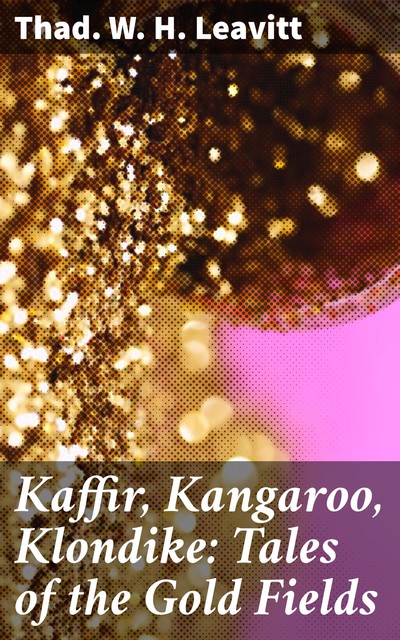In “Kaffir, Kangaroo, Klondike: Tales of the Gold Fields,” Thad W. H. Leavitt artfully weaves a tapestry of narratives that inhabit the gold rush era, capturing the exuberance, desperation, and cultural intersections of life on the fringes of civilization. His prose is vivid and evocative, skillfully blending adventure with social commentary, reflecting on the hopes and tribulations that defined this chaotic period in history. Leavitt's literary style resonates with the influences of American realism, presenting a raw, unfiltered glimpse into the lives of fortune seekers amidst the backdrop of exotic locales like South Africa, Australia, and the Yukon, while also illuminating the complexities of human ambition and folly. As an author, Leavitt's diverse background'Äîfrom his experiences in mining to his travels across the globe'Äîshapes a nuanced understanding of the gold rush phenomena. His firsthand encounters contribute authenticity and depth to his characters, allowing readers to engage with a plethora of perspectives, from hopeful miners to disillusioned dreamers. These rich narratives reveal not merely a pursuit of wealth, but an exploration of identity and survival against the odds. “Kaffir, Kangaroo, Klondike” is a must-read for anyone interested in the socio-economic dynamics of the gold rush era, as well as those who appreciate well-crafted storytelling infused with historical truths. Leavitt's compelling tales resonate on multiple levels, making this work not just a chronicle of adventure but a timeless reflection on aspiration and human endeavor.


